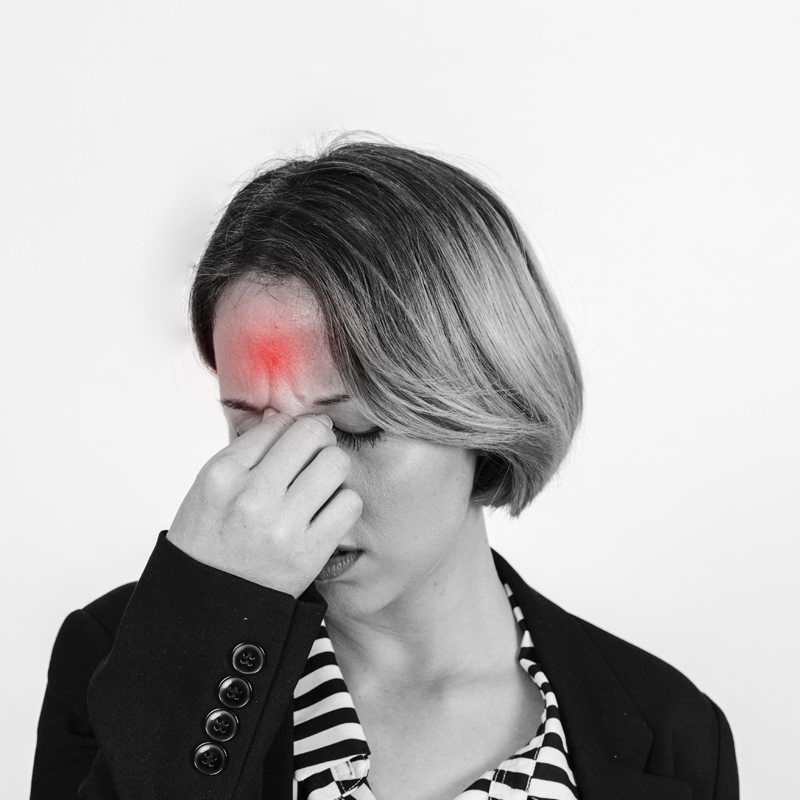
Blog
Tension Headaches: Causes, Symptoms, and Effective Solutions
Introduction
Embark on a journey to unravel the mysteries of tension headaches, gaining insights into their origins, symptoms, and practical strategies for relief.
Tension Headaches Demystified
A tension headache is a prevalent experience characterized by a sensation akin to a tight band around the forehead. Distinguishing between episodic and chronic occurrences provides a foundational understanding.
Causes of Tension Headaches
The precise origins of tension headaches remain elusive, with potential connections to muscle tension, poor posture, and genetic predispositions. Research hints at hyperexcitable peripheral afferent neurons contributing to infrequent tension headaches.
Triggers Unveiled
Exploring common triggers such as stress, alcohol, eye strain, and poor posture unveils the complex interplay that may lead to tension headaches. Acknowledging these triggers empowers individuals to take proactive measures.
Symptoms and Differentiation
Understanding the nuanced symptoms, including dull head pain, forehead pressure, and tenderness, aids in distinguishing tension headaches from migraines. While tension headaches typically lack symptoms like nausea, occasional sensitivity to light and noise may occur.
Considerations and Diagnosis
In severe cases, healthcare professionals may conduct tests such as CT scans or MRIs to rule out underlying issues like tumors. Accurate diagnosis ensures appropriate treatment pathways for effective relief.
Effective Treatment Strategies
Navigating through home care remedies, medications, and preventive measures unveils a holistic approach to manage tension headaches. Balancing hydration, addressing hunger, and maintaining adequate sleep play crucial roles in preventing headache occurrences.
Medication and Home Care
A deeper dive into medications, both over-the-counter and prescription, illuminates the nuanced landscape of treating tension headaches. Caution in the use of pain relievers to avoid "overuse" or "rebound" headaches becomes imperative for long-term relief.
Professional Interventions
Understanding the role of medications like tricyclic antidepressants, beta-blockers, and other prescription drugs provides insights into professional interventions. Stress management classes, biofeedback, and cognitive-behavioral therapy offer additional avenues for effective relief.
Self-Help Techniques
Incorporating practical self-help techniques, such as applying heat or ice, maintaining good posture, and taking breaks, adds a dimension of proactive management to prevent tension headaches.
Prevention Strategies
Proactive prevention strategies involve maintaining a headache diary, identifying triggers, and making lifestyle adjustments. This reflective process aids in connecting daily activities, meals, and stressors to headache occurrences.
Outlook and Seeking Help
While tension headaches are treatable and rarely cause permanent neurological damage, chronic cases may significantly impact daily life. Recognizing severe symptoms and seeking timely medical attention is crucial to rule out serious underlying issues.
Conclusion
Empowered with knowledge, individuals can embark on a journey of understanding, managing, and preventing tension headaches. This comprehensive guide serves as a valuable resource for those seeking relief and improved well-being.